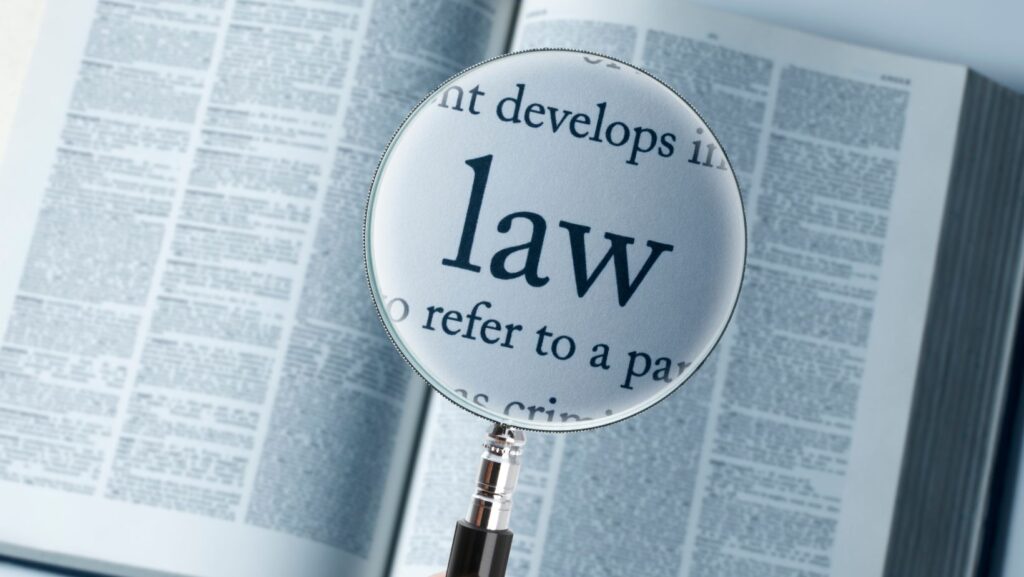
Not every family member may have legal standing to file a claim, and rules vary widely from state to state. A wrongful death attorney can clarify who qualifies as a legal beneficiary and how compensation is distributed among survivors. This article outlines how these laws function and why understanding them is essential from the outset.
Understanding Wrongful Death Claims: A Basic Overview
What is a Wrongful Death Claim?
A wrongful death claim is a legal action brought when someone dies due to the negligence or misconduct of another party. This type of claim allows the deceased’s estate or close family members to seek compensation for their loss. The scope of wrongful death claims often encompasses incidents such as car accidents, medical malpractice, or product liability cases where the responsible party’s actions, or inactions, result in a tragic loss of life.
Who Can File a Wrongful Death Claim?
The right to file a wrongful death claim is generally determined by state laws, which can vary significantly. In most jurisdictions, the claim must be initiated by a representative of the deceased person’s estate for the benefit of surviving family members. Typically, the primary individuals eligible to file include the deceased’s spouses, children, and parents. However, some states extend this right to other relatives, such as siblings or grandparents, especially if they were financially dependent on the deceased at the time of their death.
Key Elements of a Wrongful Death Claim
For a wrongful death claim to be successful, certain elements must be proven:
- Duty of Care: The defendant owed a legal duty to the deceased. For example, a driver must operate their vehicle safely.
- Breach of Duty: This duty was breached through negligent or reckless behavior.
- Causation: The breach directly caused the death.
- Damages: The death resulted in quantifiable damages, such as funeral expenses, loss of income, or emotional suffering.
Understanding these fundamental aspects helps potential claimants navigate the complexities of wrongful death claims and ensure their legal rights are adequately protected. Each case is unique, and consulting with a legal professional can provide guidance tailored to individual circumstances.
State-by-State Variations in Wrongful Death Laws
Fundamental Differences Across States
The legal landscape surrounding wrongful death claims is as diverse as the states themselves. Each state has its own set of statutes that govern who is eligible to file a claim. While some states offer an expansive list of potential claimants, including siblings or grandparents, others may restrict this right solely to immediate family members, such as spouses and children. This variation underscores the importance of understanding the specific laws in the state where the wrongful death occurred.
Understanding the Role of the Personal Representative
In many states, the primary party responsible for filing a wrongful death claim is the personal representative of the deceased’s estate. This individual is often named in the deceased’s will or appointed by a court.
The personal representative acts on behalf of all beneficiaries, ensuring that any awarded damages are distributed in accordance with state laws and the deceased’s wishes. However, some states allow surviving family members to file the claim directly, highlighting the necessity of consulting legal guidance specific to the jurisdiction in question.
Statute of Limitations Considerations
Another critical aspect of state-by-state differences is the statute of limitations, which dictates the timeframe within which a wrongful death claim must be filed. This period can range from as short as one year to several years, depending on the state. Missing this deadline can result in the loss of the right to seek compensation, making it crucial for potential claimants to act promptly. Understanding these timelines is vital to ensuring that the legal process can proceed without unnecessary hindrance.
Final Thoughts
In navigating the complex landscape of wrongful death claims, understanding state-specific laws is paramount for those seeking justice. Each jurisdiction has its own criteria for determining eligibility, which can significantly impact who has the legal standing to file a claim. As someone potentially facing the profound loss of a loved one, you must be informed about these legal nuances to ensure your rights are protected. Consulting with a knowledgeable wrongful death attorney who is well-versed in your state’s wrongful death statutes can provide the guidance you need.













